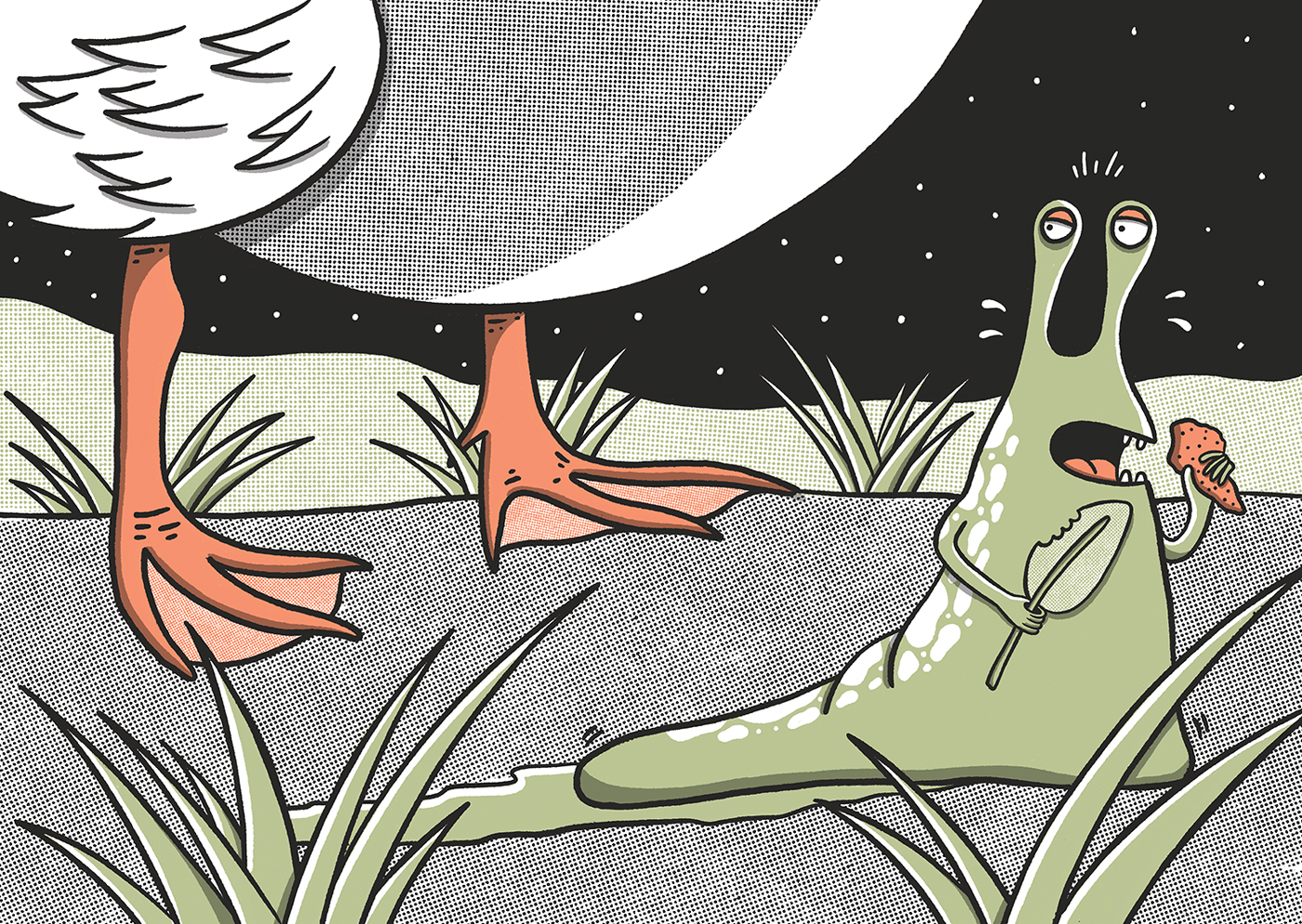Last year, our flower patch was so infested with slugs that sunflowers were cut down at their bases and hollyhocks were riddled with what resembled bullet holes. Pesticides were out of the question — bad for beneficial insects, kids and pets. We considered beer traps, but still worried about damaging insect populations.
The past few years have been especially challenging as increased rainfall creates an ideal habitat for the land molluscs. Most slugs in Alberta are invasive species from other parts of the world, says University of Alberta researcher Lien Luong, so their natural enemies are not usually found here.
“On top of that, they are hardier like a weed and more likely to establish,” says Luong. A slug can eat up to 40 per cent of its weight in a day. In Europe, there are nematodes — parasites that naturally kill slugs — available on the market as a biological control agent that does not affect any other organisms except slugs. Luong is actively working on finding something similar in our province, having surveyed 2,000 slugs for the solution last year — and the results are promising.
But our solution came from Maryann Borch of Good Note Community Farm after a late-night search on social media revealed an underground environmental movement — slug-eating ducks. Or, rather, just ducks — as all ducks eat slugs. Her ducks have gone to several city homes where they happily devoured pesticide-free slugs.
I expressed concern about the liability as City bylaws do not allow ducks to be housed even temporarily in an urban yard. And if a complaint is lodged, the City can issue a fine.
“Be the change!” she said with enthusiasm. And, within days, there was a noticeable change in the form of only a few visible slugs, a lack of slime trails on sidewalks and two engorged ducks ready to go home.
Kazimir Haykowsky, owner of Spruce Permaculture, also used ducks to control the slugs in one of his vegetable patches. In other parts of the world, duck rentals are common practice, and especially popular across Europe.
